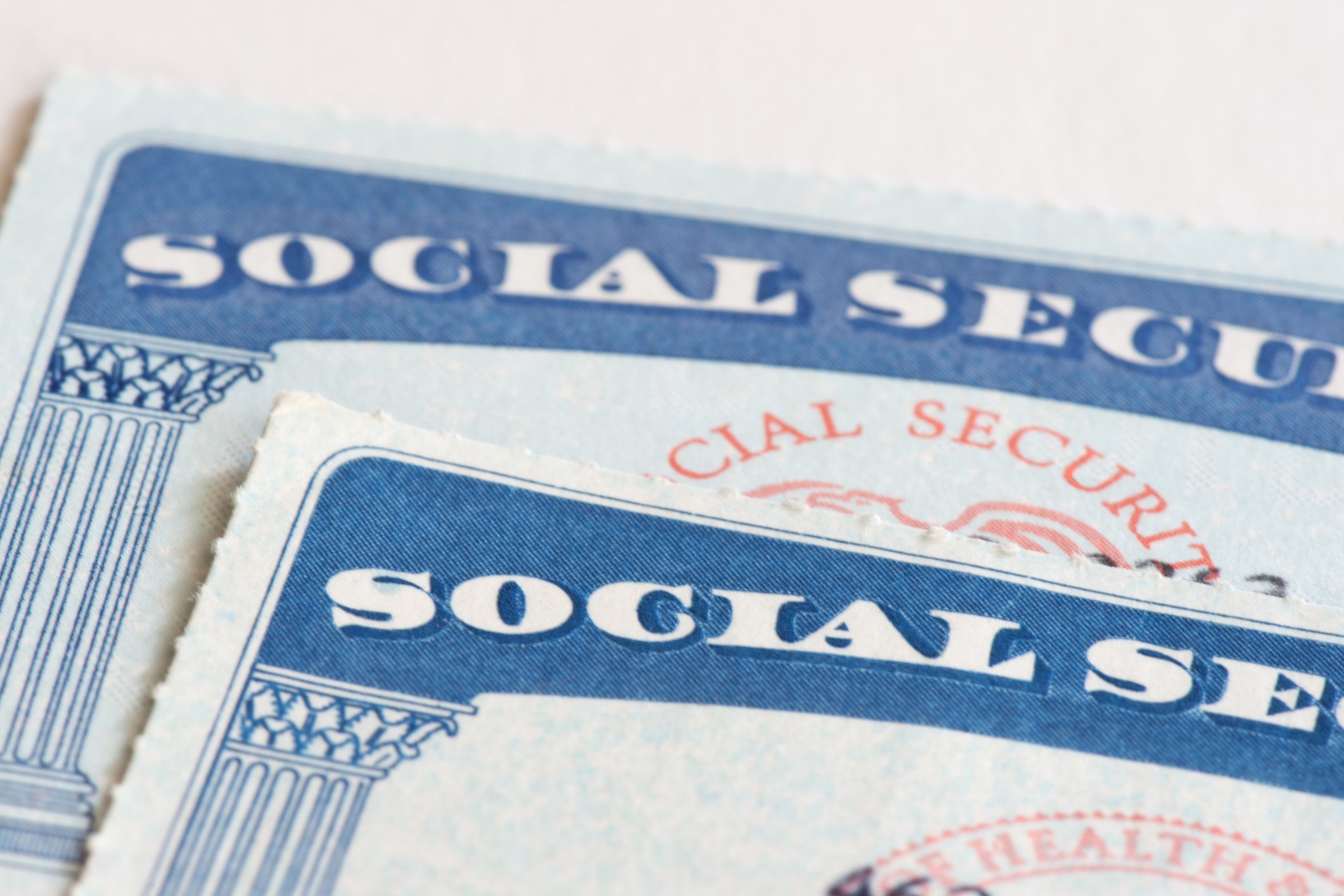Standard retirement advice is to wait as long as possible before claiming Social Security retirement benefits. For every month you wait to claim benefits after becoming eligible, you'll receive a bump in your monthly payment. That boost maxes out at age 70, when you'll receive a monthly payment about 77% larger than you would if you claimed at age 62.
For the average individual in good health, that strategy typically results in receiving more income from Social Security during your lifetime than if you claimed earlier. That's even after accounting for all the missed years of payments.
But the problem with blanket advice is that every individual has different circumstances. While waiting until 70 could be a great choice for many retirees or soon-to-be retirees, it might not be the best choice for you. Here's the unfortunate truth most people don't talk about when it comes to delaying Social Security benefits until age 70.

Image source: Getty Images.
The wait might not pay off
For most individuals without spouses or who were the higher-earning spouse, waiting until 70 is usually going to maximize your lifetime expected income from Social Security (the math can be a bit different for lower-earning spouses). But the truth is Social Security is designed so your expected lifetime payments will be about equal no matter when you claim.
Slight improvements in life expectancy over the last few decades have given the edge to delaying, but it's still pretty close. A study from United Income in 2019 found 57% of retirees would maximize their wealth in retirement by waiting to claim Social Security at age 70. That's a clear majority, but it still leaves 43% of the population that would be better off claiming earlier.
Unless you're in well above average health, take good care of yourself both mentally and physically, and can expect to live well beyond the average lifespan, claiming your Social Security benefits before 70 probably won't have a huge impact on how much you ultimately collect from the program. That said, there are other considerations to take into account that could push you to claim earlier or later.
Waiting to claim benefits could mean working longer
One of those factors influencing your decision is whether you have other assets to fund your retirement or if you'll mostly rely on Social Security. In the latter case, delaying Social Security could be analogous with delaying retirement.
If you love what you do and your work is good for your mental and physical health, that might not be such a bad thing. But if your health is already deteriorating, you want to start enjoying retirement, and delaying Social Security is the only thing stopping you from meeting your financial needs, it's probably worth claiming benefits before age 70.
It's more important to optimize for your long-term life satisfaction than for the maximum possible benefit from Social Security. That said, be sure your decision is grounded in long-term financial planning and that you'll have enough income to pay for all your needs in retirement if you quit working and start collecting benefits sooner.
You could end up paying more in taxes by delaying Social Security
One factor that's not considered in the claim early or late debate is how much tax you'll owe on your benefits. A bigger Social Security payment could mean more of your benefits climb into taxable territory.
The government uses a metric called Combined Income to determine what portion, if any, of your Social Security benefits count as taxable income. Combined Income is equal to the sum of half of your Social Security benefits, your adjusted gross income, and any non-taxed interest income. If your combined income exceeds certain thresholds, a portion becomes taxable, as indicated in the table below.
| Taxable benefits | Individual Combined Income | Joint Filer Combined Income |
|---|---|---|
| 0% | Less than $25,000 | Less than $32,000 |
| Up to 50% | Between $25,000 and $34,000 | Between $32,000 and $44,000 |
| Up to 85% | More than $34,000 | More than $44,000 |
Table source: Author. Data source: Internal Revenue Service.
Naturally, a bigger benefit could result in a bigger combined income. And if you don't use opportunities in your 60s to position retirement accounts and other retirement savings to minimize your adjusted gross income in the future (perhaps because you're still working), you could end up owing a lot more in taxes.
Every individual's situation will be different, but it's yet another important factor to consider before deciding whether 70 is the right age for you to claim Social Security or not.





